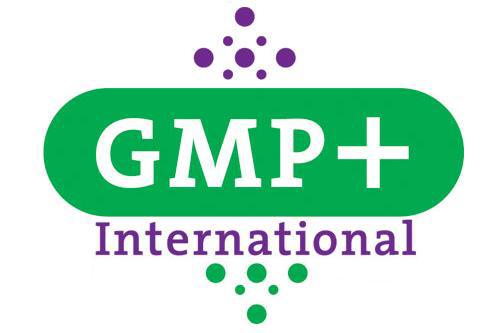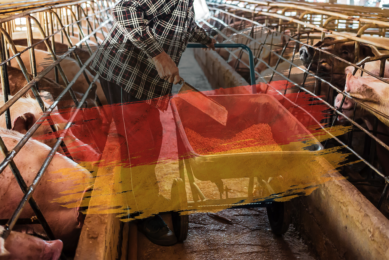Monitoring is still an important GMP+ requirement

Recently, the International Expert Committee (IEC) has approved a number of changes in various GMP+ FSA standards, which have come into effect as from March 1st 2013.
GMP+ International has received questions and remarks about two seemingly confusing changes in the monitoring requirements.
Clarification on GMP+ monitoring requirements
Rumours have circulated that companies are advised or conclude not to monitor at all, because ‘GMP+ has deleted the requirements for monitoring’. This is, of course, not true, and does not reflect what we communicated with the newsletter in December 2012.
Monitoring is still an essential requirement for GMP+ certified companies (including traders). It is an important step of the HACCP principles, which are mandatory to implement for every GMP+ certified company. Monitoring should be based on the company’s own risk assessment. The change which has been made is that the table with predefined risks in GMP+ BA4 Minimum Requirements for Sampling and Analysis has been deleted. This gives flexibility, but also requires a company to take its own responsibility. GMP+ certified companies should be able to motivate and demonstrate the results of their plan (to clients, to auditors, to competent authorities, etc).
For companies that find it difficult to set up a proper monitoring plan, the GMP+ Monitoring database can be very helpful. The GMP+ Monitoring database is an extra service (free of charge) in which GMP+ certified companies can draw up and manage their monitoring program as well as store analysis results, evaluate the results and share these results with other companies and /or customers. In a number of GMP+ documents, such as the protocols P1, P2 and P4 in appendix GMP+ BA4 , GMP+ certified companies are asked to send in analysis results in the GMP+ Monitoring database. The GMP+ Monitoring database can also be used to submit other analysis results and to share these with the GMP+ Community.
Sharing results with the GMP+ Community does come with advantages. The more results GMP+ participants share (anonymously) with the GMP+ Community, the more information is available for all GMP+ participants! This information can be used to establish and evaluate your own monitoring program and GMP+ uses it to adjust the GMP+ conditions.
Besides the GMP+ Monitoring database, the information in the generic Risk Assessments (on the GMP+ portal) might be useful, as well as the deleted table with predefined risks. This table is still available in the previous version of appendix GMP+ BA4 that is still in the history page of our website.
Collective monitoring plans assessed by certification body
It is possible for GMP+ certified companies to carry out their monitoring plan for feed materials together (in a collective monitoring plan). Participating in a collective monitoring plan can be less expensive than setting up your own monitoring plan and will also provide you with lots of data to show that the products you are selling are safe. Previously, these plans were submitted to and reviewed by GMP+ International. Approval of a collective monitoring plan by GMP+ International meant that GMP+ certified companies complied with the monitoring requirements related to feed materials and did not have to be audited on this point. As from March 1st2013, the auditor of the participating company assesses the collective monitoring plan during the regular GMP+ audit. GMP+ International no longer assesses collective monitoring plans. Certification bodies have been informed about this change.











